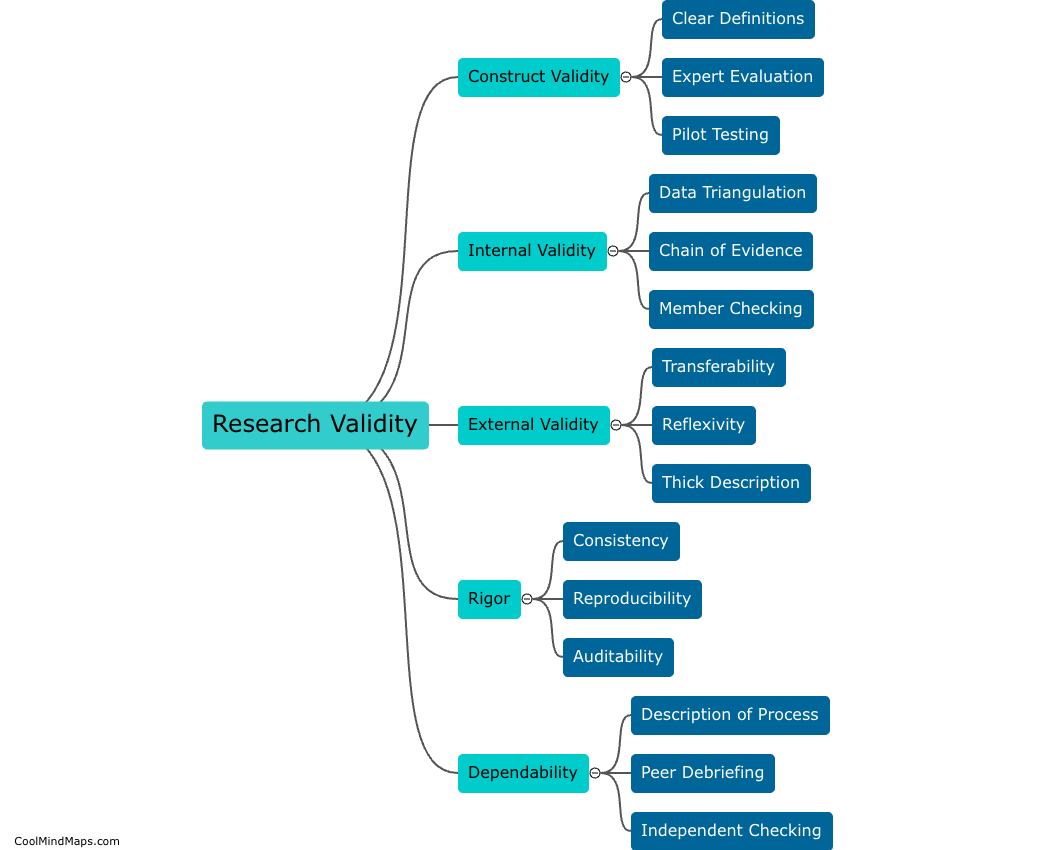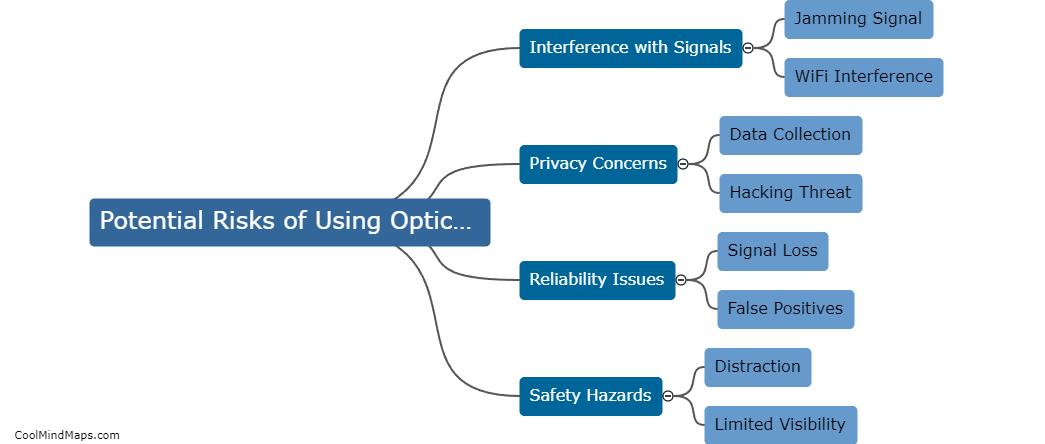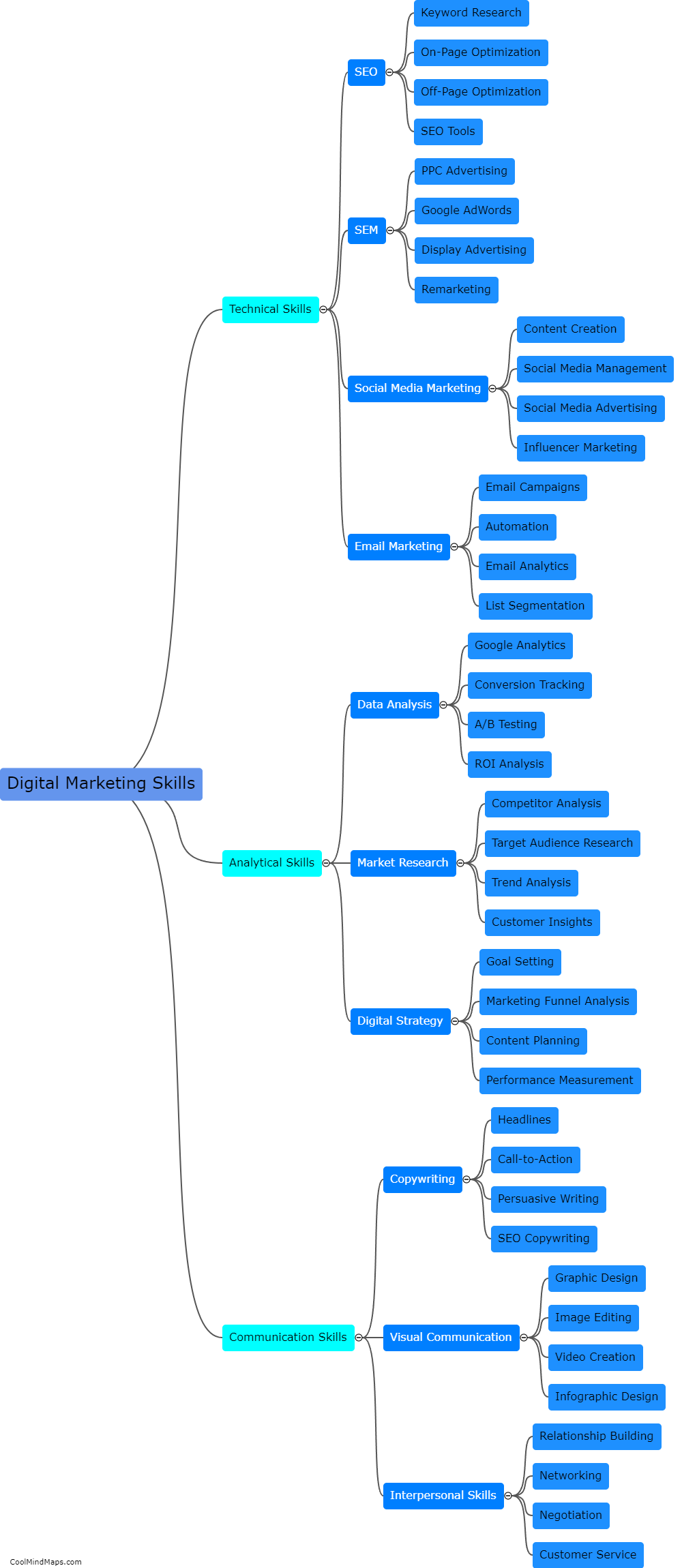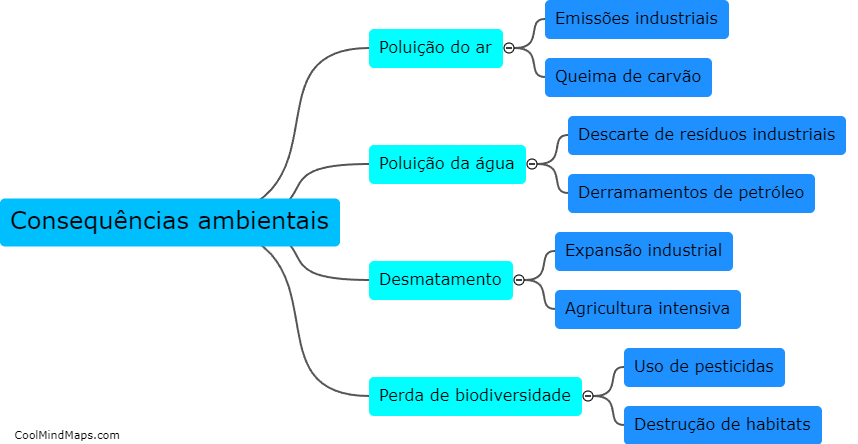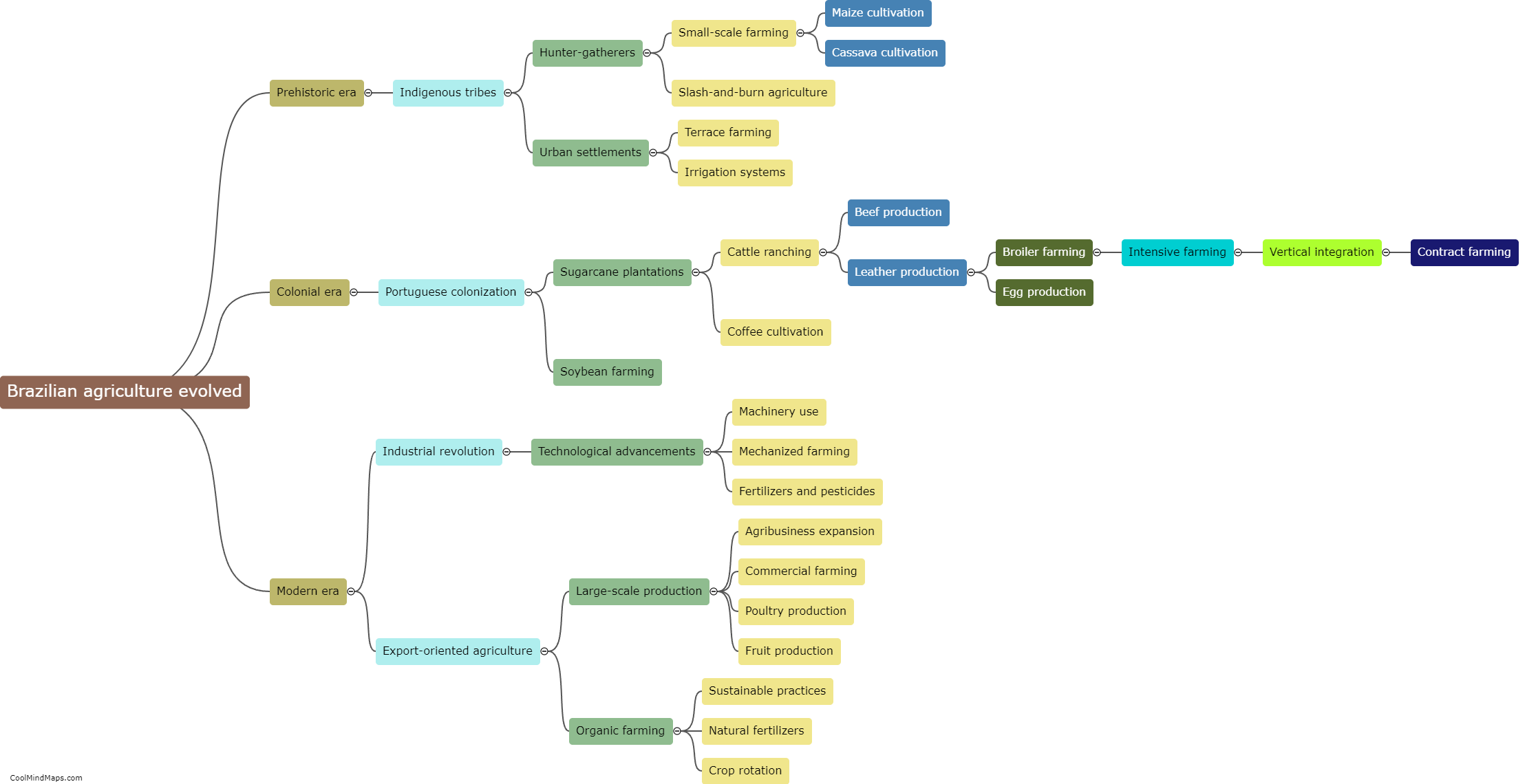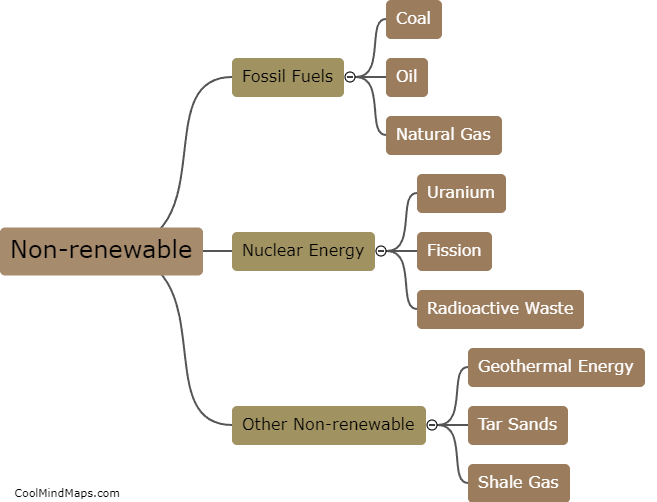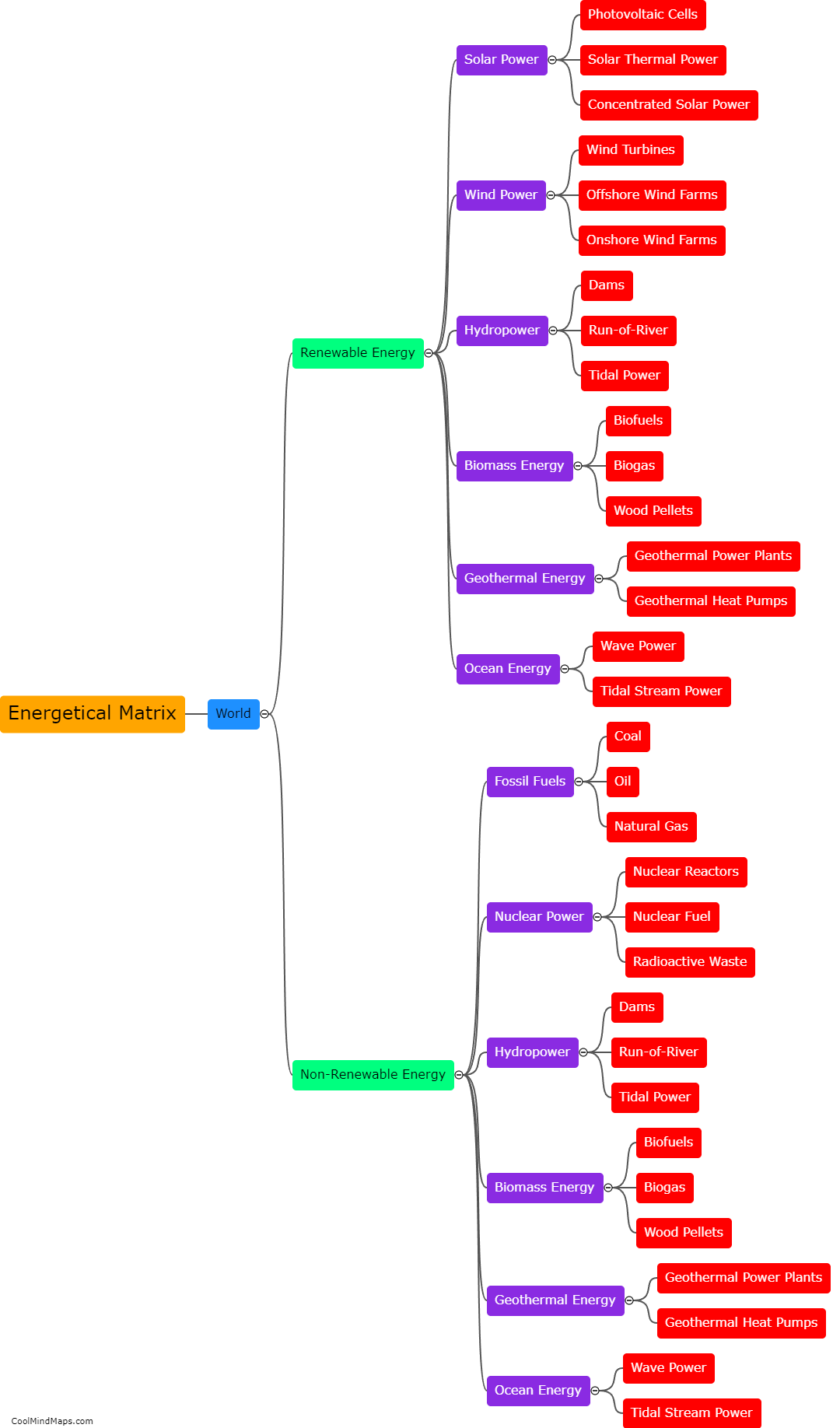What is the current energy matrix in Brazil?
The current energy matrix in Brazil is primarily composed of renewable sources. Brazil is known for its substantial production of hydropower, which accounts for the largest share of the country's total energy generation. The abundant water resources in Brazil have allowed the country to build a vast network of hydroelectric power plants, enabling it to produce clean and renewable energy on a massive scale. Additionally, Brazil has been increasingly diversifying its energy mix by incorporating other renewable sources such as wind, solar, and biomass. This shift towards a greener energy matrix has been driven by Brazil's commitment to reducing greenhouse gas emissions and promoting sustainable development. However, fossil fuels, especially natural gas and oil, still play a significant role in Brazil's energy production and consumption, albeit to a lesser extent than in many other countries. Efforts are being made to further increase the share of renewables and decrease reliance on fossil fuels in the Brazilian energy matrix.
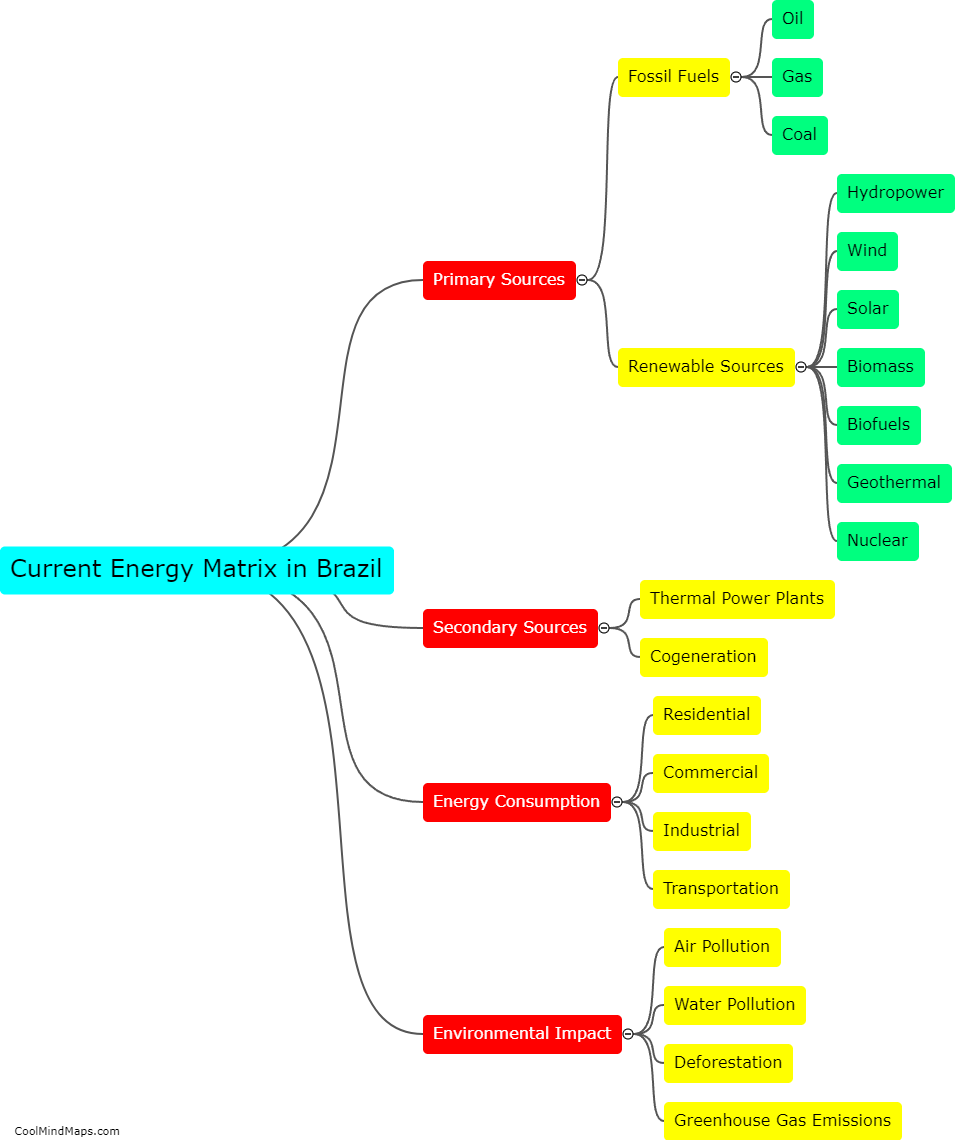
This mind map was published on 16 August 2023 and has been viewed 94 times.
